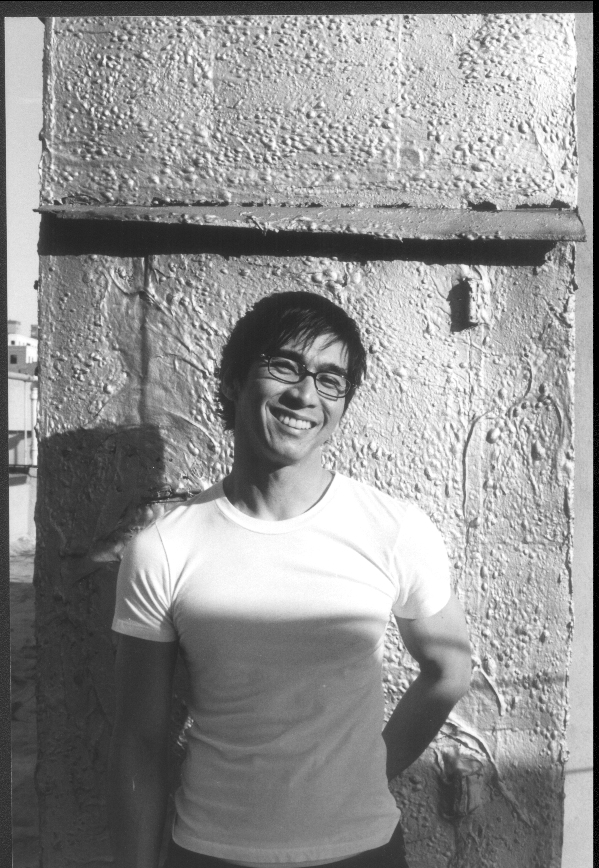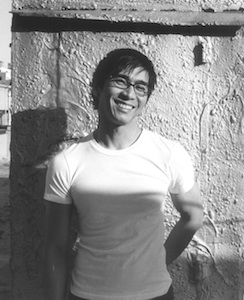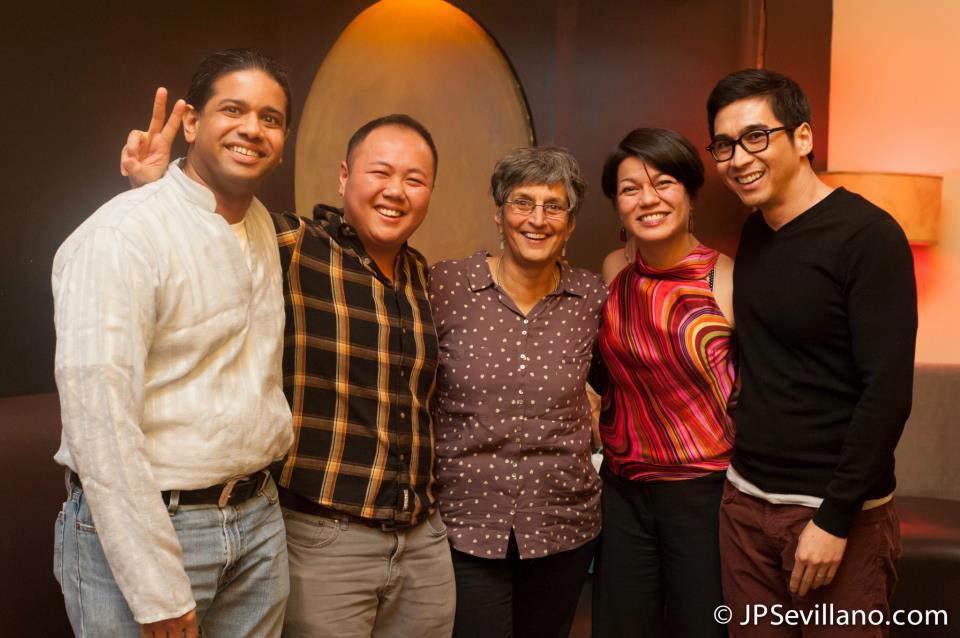Adam Johnson, Sharon Olds Win Pulitzer Prizes
The Pulitzer Prize board announced the winners and finalists of the 2013 Pulitzer Prizes today in New York City. Of the twenty-one categories, the prizes in letters are given annually for works published in the previous year by American authors.
The winner in fiction is The Orphan Master’s Son (Random House) by Adam Johnson. The finalists were Nathan Englander's What We Talk About When We Talk About Anne Frank (Knopf) and Eowyn Ivey's The Snow Child (Little, Brown). The winner in poetry is Stag’s Leap (Knopf) by Sharon Olds. The finalists were Collected Poems by the late Jack Gilbert (Knopf) and The Abundance of Nothing by Bruce Weigl (TriQuarterly). The winner in general nonfiction is Devil in the Grove: Thurgood Marshall, the Groveland Boys (Harper) by Gilbert King. The finalists were Katherine Boo’s Behind the Beautiful Forevers: Life, Death and Hope in a Mumbai Undercity (Random House) and David George Haskell’s The Forest Unseen: A Year's Watch in Nature (Viking).
Pulitzer Prize Administrator Sig Gissler announced the winners and finalists today at Columbia University. At a ceremony on May 20, each winner will receive $10,000.
The prize board caused a stir last year when it failed to select a winner in fiction, leaving many in the literary world—including Denis Johnson and Karen Russell, who joined the late David Foster Wallace as fiction finalists—feeling slighted, and wondering if this year’s awards would prove different. The 2013 awards were given in all twenty-one categories; visit the website for a complete list of winners.
The Pulitzer Prizes were established in 1911 by Joseph Pulitzer, a Hungarian-American journalist and newspaper publisher. A portion of his bequest was used to found the Columbia University School of Journalism in 1912 and establish the Pulitzer Prizes, which were first awarded in 1917.
Submissions to be considered for the 2014 prizes will open in May.





 h Gambito and I were swaying on a hammock at a backyard BBQ in Westchester. Watching the mostly Filipino crowd—families and community—playing games, eating, totally at ease with one another, we were mesmerized and even envious. As recent MFA graduates and young Filipino American poets trying to patch together literary lives in New York City, we felt alone and lost. We wanted to recreate the joyful and safe space that we witnessed in Westchester, but for Asian American artists. I then told Sarah about
h Gambito and I were swaying on a hammock at a backyard BBQ in Westchester. Watching the mostly Filipino crowd—families and community—playing games, eating, totally at ease with one another, we were mesmerized and even envious. As recent MFA graduates and young Filipino American poets trying to patch together literary lives in New York City, we felt alone and lost. We wanted to recreate the joyful and safe space that we witnessed in Westchester, but for Asian American artists. I then told Sarah about 
 It started with an experiment. Before the poet Sarah Gambito and I fully conceived of Kundiman, the nonprofit we founded to serve Asian American poetry, there were the poems. At the time, in 2003, we were interested in the idea of poems as physical objects, as solid and tangible art pieces. We were also regulars imbibing lychee martinis at
It started with an experiment. Before the poet Sarah Gambito and I fully conceived of Kundiman, the nonprofit we founded to serve Asian American poetry, there were the poems. At the time, in 2003, we were interested in the idea of poems as physical objects, as solid and tangible art pieces. We were also regulars imbibing lychee martinis at  The bottom line is that for a literary series to thrive, much generosity is needed: a place for gathering, a co-host/co-sponsor who shares your vision, an open-minded audience, and kind readers. Recently, another act of generosity: Poets & Writers, through its
The bottom line is that for a literary series to thrive, much generosity is needed: a place for gathering, a co-host/co-sponsor who shares your vision, an open-minded audience, and kind readers. Recently, another act of generosity: Poets & Writers, through its